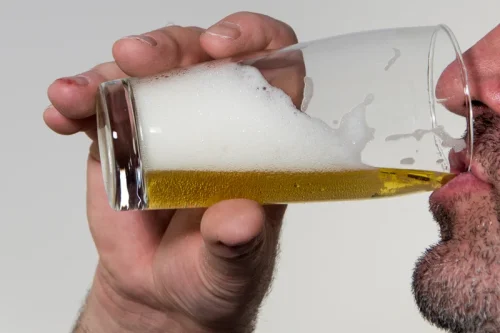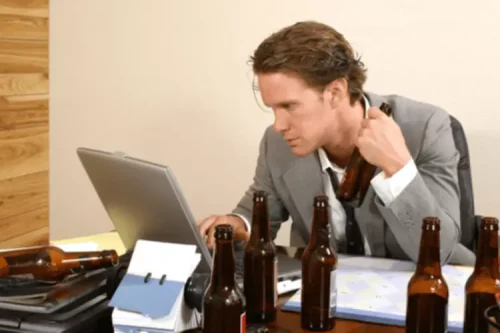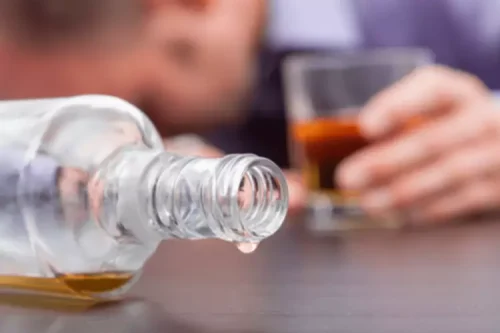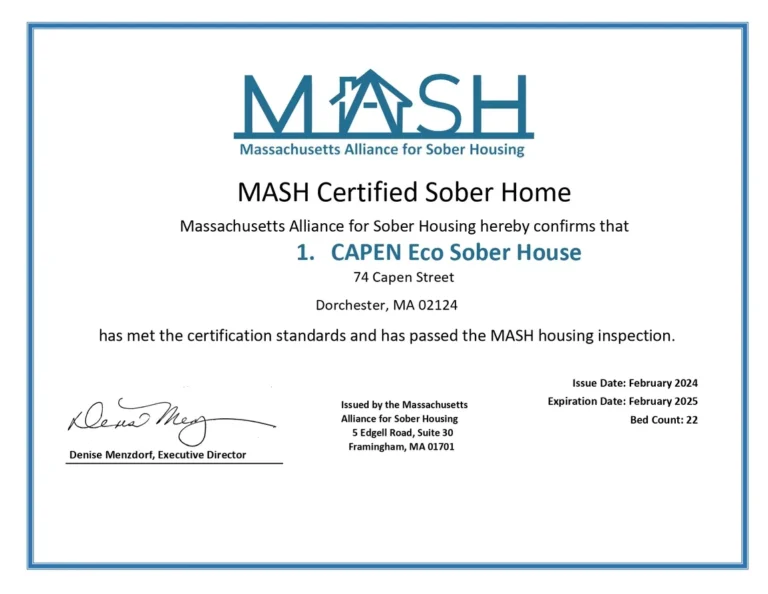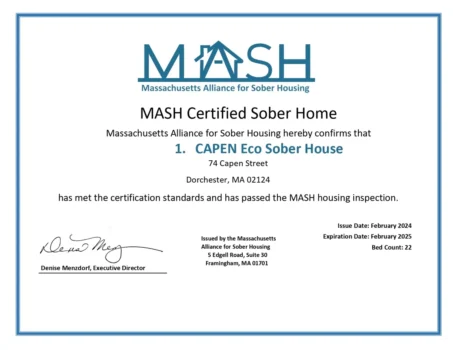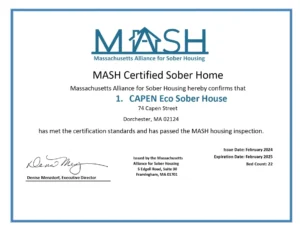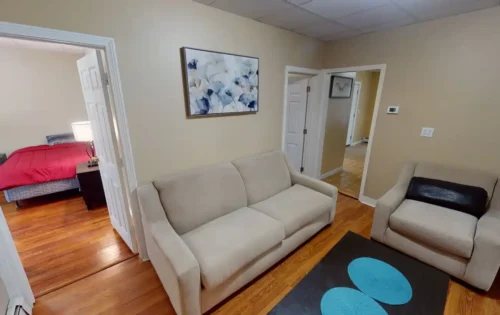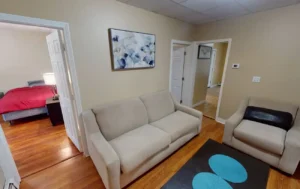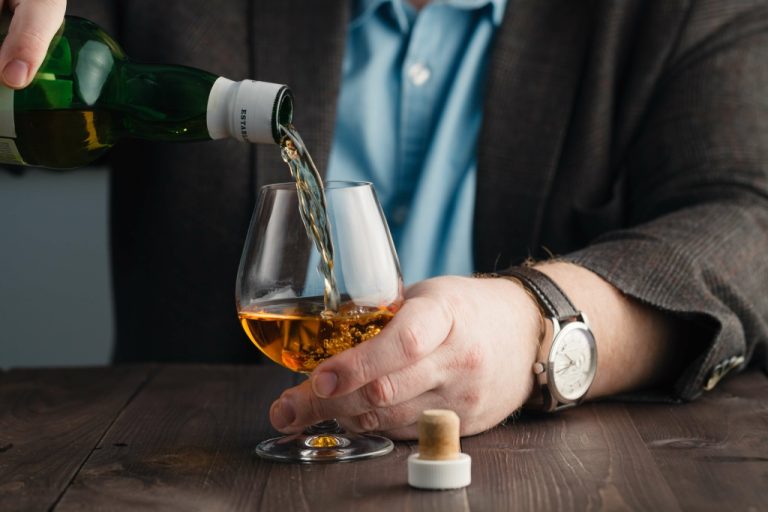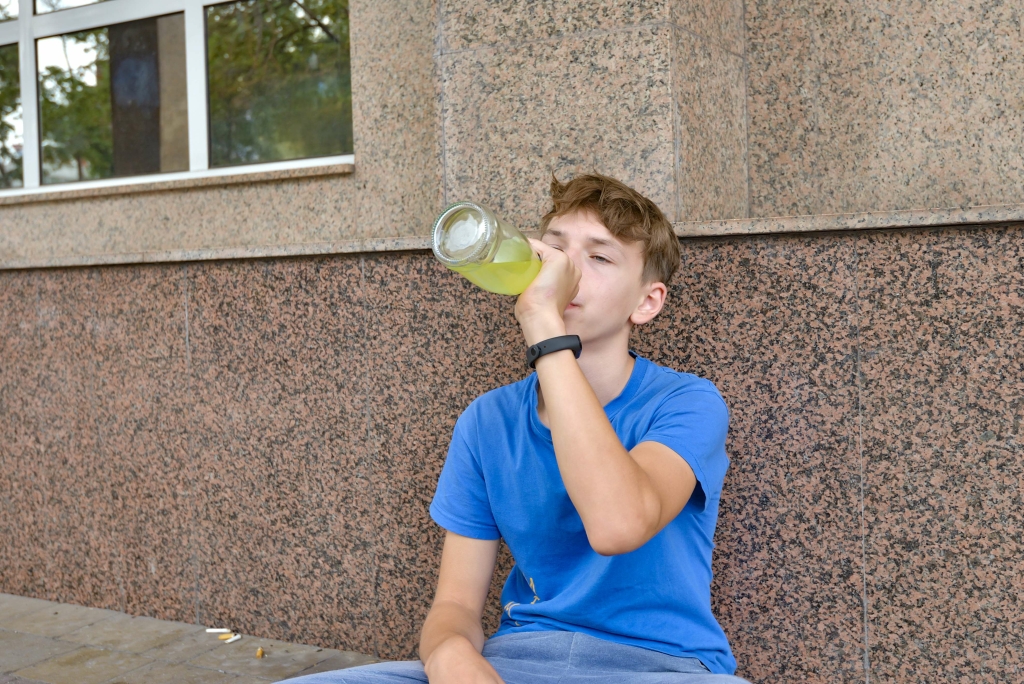It’s a blend of people with similar experiences as you and those who support your sobriety goals. These could be family, friends, coworkers, or fellow rehab graduates. The first step in getting help for these addictions should be to see a doctor who is qualified and experienced in providing medication-assisted treatment for substance use disorder. Specifically, you can see a Suboxone doctor near you for buprenorphine treatment if you are using opioids. Or, if your drug of choice is alcohol, you can see a doctor who prescribes naltrexone tablets or the vivitrol shot.
Medical treatment for addiction has a high rate of success.
The best strategy is being honest when asked and confirming that the recovery is complete. As long as the prospective employer does not introduce new policies targeting you for your past drug use, you will have done everything in your power to start your post-addiction life on the right foot. Your job counselor will assist you in this effort but the definitive decision on what to share and not to disclose is ethically and legally yours. Clarifying your plans before you start work will put you in charge – not only in interviews but in your personal life after addiction as well.
Letting Go and Starting Fresh
Jesse Quaid is a Certified Alcohol and Drug Counselor- Certified Addiction Specialist (CADC-CAS) who works in the Intake, Insurance and Clinical Records departments at Elevate Addiction Services. Jesse studied business and marketing at the University of North Florida as well as Western Governors University achieving his Bachelors of Science in Business- Marketing Management. Jesse considers the need for helping people with alcohol and drug use to be a personal mission and one that he feels is necessary within the current epidemic of use throughout the country and world. Sure, sometimes it’s the physical dependency keeping people hooked.
- The client’s repeatedly express how amazed they are at Carrie’s listening skills and non-judgemental attitude, which allows them to develop trust, honesty and openness to discuss their SUD.
- Seeking professional guidance, contacting members in a support network, and incorporating self-care activities can also help overcome challenges and setbacks.
- It’s a journey with ups and downs, requiring a whole heap of grit and a robust support system.
- People in the throes of addiction are not capable of the best form of friendship.
- Rebuilding your life after addiction can seem overwhelming, but it’s a journey that countless individuals have successfully navigated.
Practice Healthy Coping Mechanisms
One advantage of mutual support rebuilding your life after addiction groups is that there is likely someone to call on in such an emergency who has experienced a relapse and knows exactly how to help. Mindfulness training, a common component of cognitive behavioral therapy, can help people ride out their cravings without acting on them. Peer or mutual support is not restricted to AA or NA; it is available through other programs that similarly offer regular group meetings in which members share their experiences and recovery skills.
We are dedicated to transforming the despair of addiction into a purposeful life of confidence, self-respect and happiness. We want to give recovering addicts the tools to return to the outside world completely substance-free and successful. Change is an essential aspect of sobriety—not just ending the cycle of addiction itself, but also changing mindsets, daily habits, goals, and social circles.
- They would say that recovery is a life-long process and that they are a “recovering addict” or “recovering alcoholic.” The word “recovered” is not used by 12-step members.
- You can create your written plan any way that feels most natural to you.
- Patterns and routines will help those in treatment prioritize success by encouraging healthy coping mechanisms.
- Sustaining behavior change until new patterns become ingrained is difficult under the best of circumstances.
- Quitting drugs is an opportunity to follow your dreams and live the life that you were meant to live.
Currently, he is pursuing a fellowship in psychiatry and is affiliated with both UC Irvine and UC Davis. He is interested in General Medicine, Addiction Medicine, Mental Health, and End-of-Life Care (such as palliative and hospice care). Endurance, objectivity, productivity, logistics, and time/people management. My goal is for everyone to enjoy coming to work, and for their days to be as productive as possible toward the end of helping people put their lives back together. Elvinesh’s compassion for others and love of food makes for a winning combination to take care of clients from the inside out. Thomas has worked at EAS for over 12 years and has held every clinical role in the company.

.jpg)
.jpg)
.jpg)
